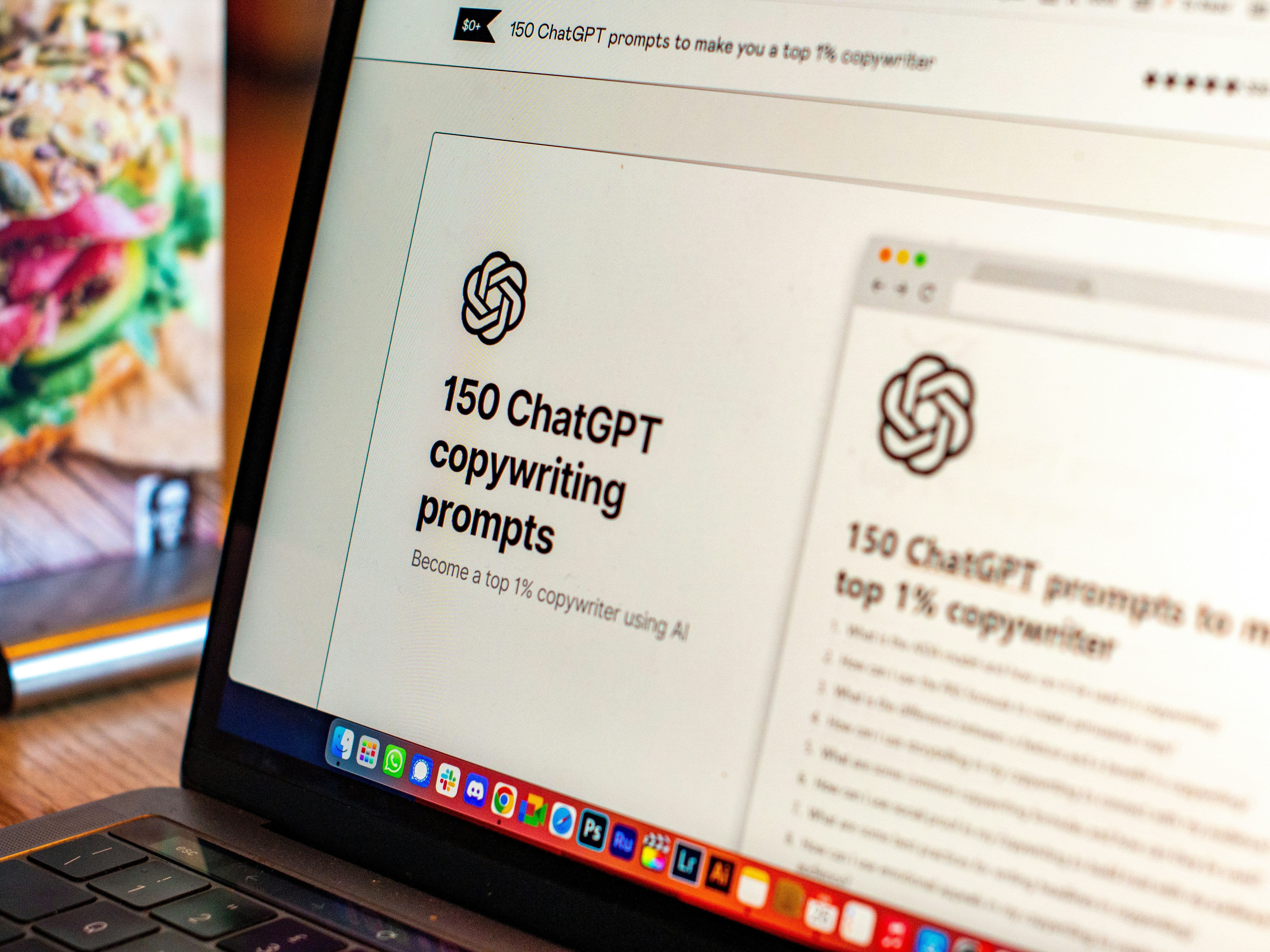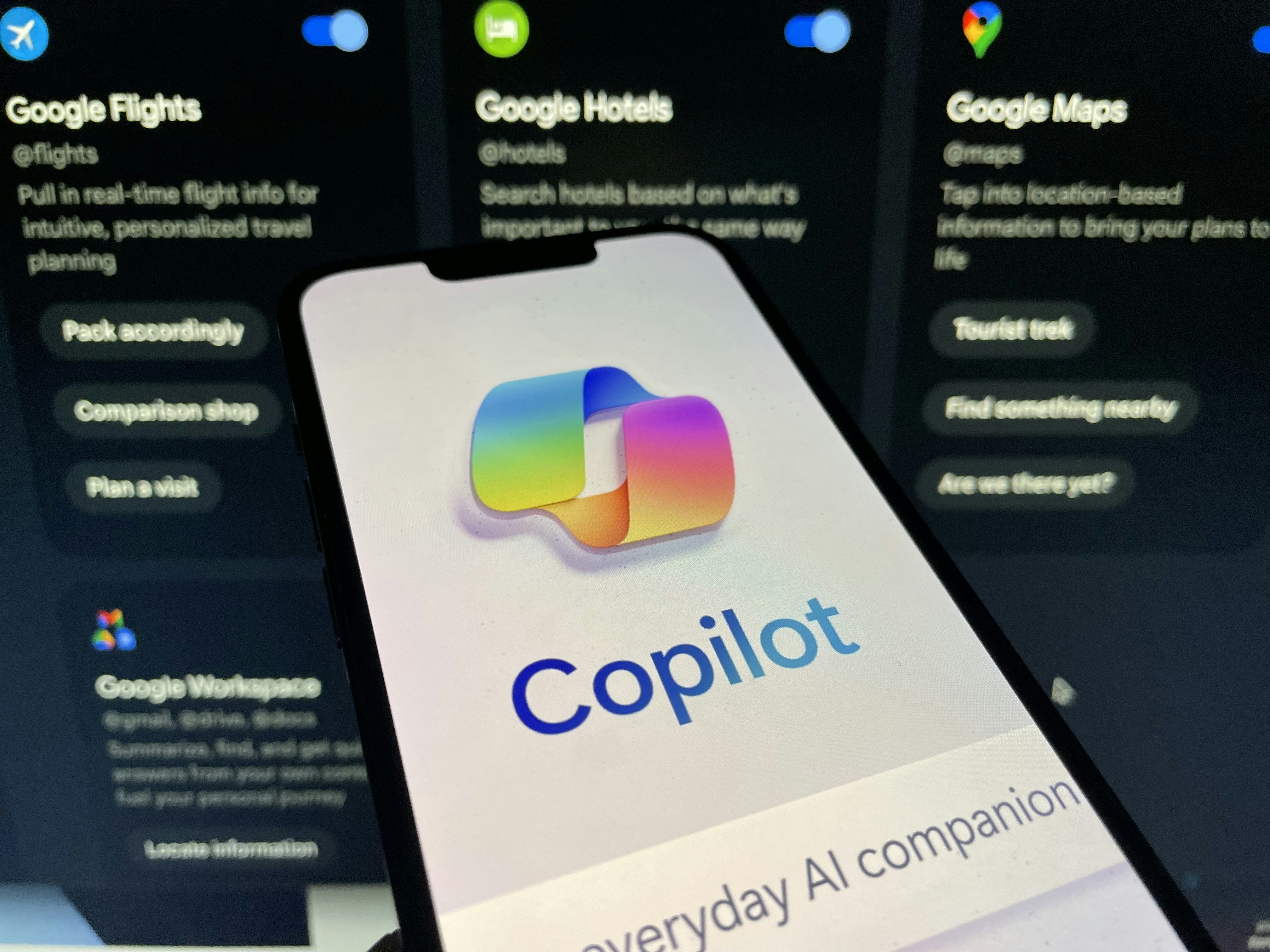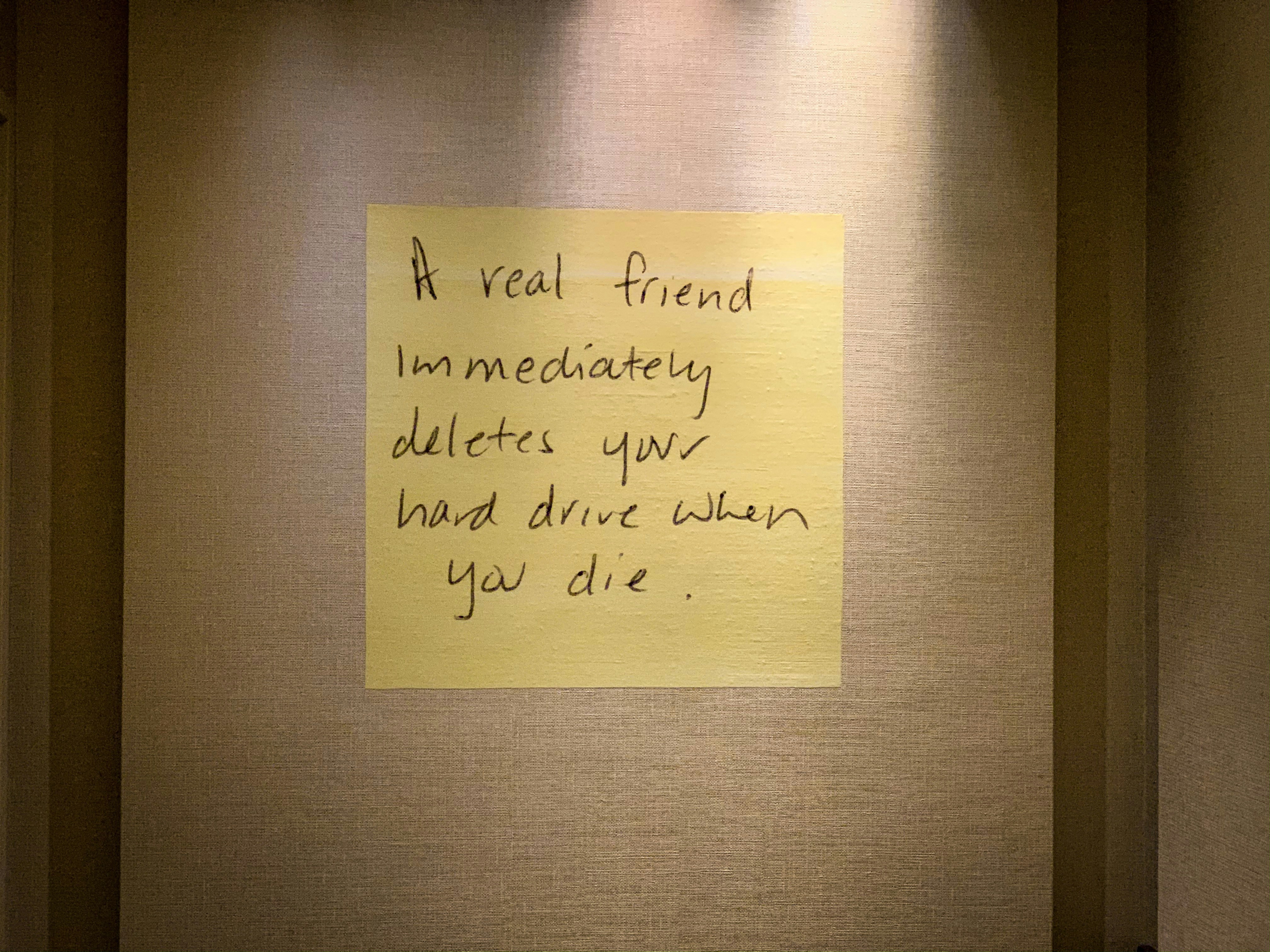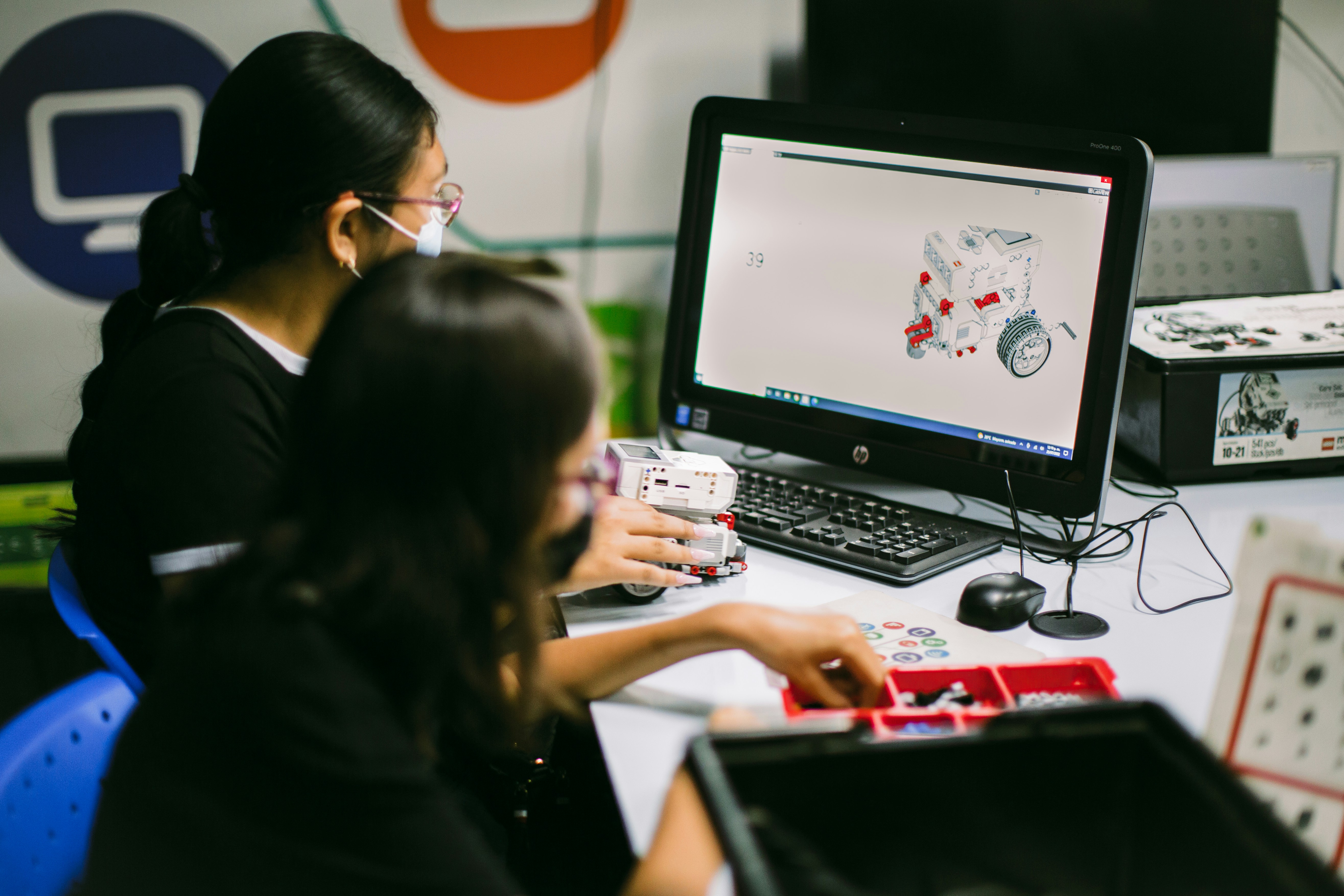🛡 Powerful Protection Spells That Shield From Harm
Safeguard yourself, loved ones, and your home from negative energy and spiritual threats with effective, trusted protection spells.
Introduction to AI Song Generation
Artificial intelligence (AI) has permeated various industries over the last few decades, with the music sector being no exception. The advent of AI song generation represents a significant innovation within the context of music composition, where machines utilize algorithms to create musical pieces that, on the surface, often mimic human creativity. This phenomenon has evolved due to advancements in machine learning and deep learning techniques, which facilitate the process of teaching computers to understand and generate music in a sophisticated manner.
At the core of AI music generation are neural networks, particularly recurrent neural networks (RNNs) and convolutional neural networks (CNNs). These technologies enable machines to analyze vast amounts of musical data, identify patterns, and generate original compositions by leveraging learned information. For instance, an AI model can be trained on a large dataset of existing songs, grasping subtleties such as melody, harmony, rhythm, and even lyrical structures. With this foundational knowledge, the AI can produce novel works that may evoke emotional responses or fit within established musical genres.
The implications of AI-generated music extend beyond merely creating new melodies. The emergence of AI song generators poses questions regarding the essence of creativity and artistic expression. Can a machine replicate the depth of human emotion embedded in music? Are AI-generated compositions merely pastiches of existing works, or do they possess their own artistry? As we delve deeper into this exploration of music creation, it is essential to consider the nuances of talent and originality in the realm of AI. This debate sets the stage for evaluating the role of AI in enhancing or hindering human creativity within the music industry.
How AI Song Generators Work
AI song generators utilize a combination of advanced algorithms and extensive datasets to create music compositions that mimic human creativity. At their core, these generators employ machine learning techniques, particularly neural networks, which are designed to recognize patterns within large volumes of data. By analyzing existing songs, the software learns the intricacies of musical structure, including melody, harmony, rhythm, and lyrics.
The process begins with data collection, where AI systems are fed a vast array of musical genres and styles. This compilation is crucial, as the more diverse the dataset, the more nuanced the output can be. Through deep learning, the AI begins to discern the fundamental principles of music theory. It learns about scales, chord progressions, and song structures, which are essential elements for generating coherent musical pieces. For instance, common progressions like I-IV-V and the use of pentatonic scales are recognized and incorporated into its compositions.
Once trained, the AI can begin to generate new compositions. It does this by leveraging techniques such as generative adversarial networks (GANs) or recurrent neural networks (RNNs), which allow it to produce sequences of notes that flow logically together. Additionally, these systems can incorporate lyrical content, using natural language processing (NLP) to create meaningful words that fit the melody’s rhythm. The integration of lyrics with melody not only enhances the overall musicality but also allows the AI to craft songs that resonate emotionally with listeners.
Moreover, AI song generators continuously improve over time. By receiving feedback and analyzing the performance of their compositions, they can adjust their algorithms to enhance both musical quality and creativity. This ongoing learning process positions AI as a valuable tool in music creation, sparking debates about the role of technology in the arts and the ever-evolving relationship between human and machine-generated creativity.
Notable AI Song Generators on the Market
As artificial intelligence continues to evolve, so does its capability to create music. Several AI song generators are currently making waves, each distinguished by unique features and strengths. Among the leaders in this domain is OpenAI’s MuseNet, which utilizes deep learning to compose songs across various genres. MuseNet can generate intricate compositions prompted by just a few notes or lyrics, allowing for extensive customization. Users have noted its ability to mimic the styles of famous composers such as Bach and The Beatles, creating harmony and complexity in the generated pieces.
Another prominent contender is Jukedeck, which focuses on producing royalty-free music tailored for short video content. Jukedeck allows users to specify parameters such as mood and genre, generating compositions within seconds. Its simplicity and intuitive user interface have made it popular among content creators seeking quick and varied musical backgrounds. Sample tracks produced by Jukedeck often feature upbeat melodies suitable for marketing videos and personal projects.
Amper Music is also noteworthy, especially for its user-friendly platform that caters to both novice and seasoned musicians alike. By providing a straightforward interface, Amper enables users to create music by selecting musical styles, instrumentation, and length. It also offers customization options that allow users to adjust dynamics and intensity, resulting in personalized compositions in real-time. Amper’s diverse library of tracks demonstrates its versatility across media platforms, serving purposes from film scoring to advertisements.
Each of these AI song generators contributes to the landscape of music creation with innovative tools that assist musicians and non-musicians alike in producing music. Whether for personal enjoyment or commercial use, the options available highlight the significant advancements in AI technology within the music industry.
AI vs. Human Songwriting: Similarities and Differences
The emergence of artificial intelligence in music composition has sparked an ongoing debate concerning its capabilities compared to human songwriters. Both entities possess unique strengths that contribute to the creation of music, yet they differ fundamentally in their approach and output.
Human songwriters, with their rich tapestry of emotional experiences and personal narratives, bring a depth to their compositions that AI currently struggles to replicate. The ability of humans to infuse their songs with emotional resonance stems from their life experiences, cultural backgrounds, and individual perspectives. This emotional depth allows for the expression of complex feelings, societal issues, and intimate stories that can deeply connect with listeners. The nuanced understanding of human emotions is a hallmark of songwriting that many argue remains unmatched by AI.
On the other hand, AI songwriting tools excel in analyzing vast amounts of musical data to identify patterns and trends. These algorithms can generate melodies, harmonies, and lyrics based on existing musical styles, creating compositions that adhere to popular formats. By utilizing machine learning techniques, AI systems can produce a song that mimics the structure of successful tracks, thereby showcasing technical prowess that may provide a fresh perspective on familiar styles. This generative capability raises intriguing questions about authenticity and the future role of AI in music creation.
Moreover, while AI can assist in the creative process by offering suggestions and generating ideas, it lacks the intrinsic human qualities such as intuition and spontaneity. Therefore, the debate surrounding AI and human songwriting hinges on the balance of technical skills against emotional intelligence. Both approaches can yield impressive results, but the unique qualities of human creativity continue to set it apart from algorithmic compositions. Understanding these similarities and differences fosters a greater appreciation for the evolving landscape of music creation in an age of advanced technology.
Case Studies of AI-Generated Songs
The emergence of AI song generators has sparked significant interest in recent years, highlighted by various case studies that demonstrate the capabilities of artificial intelligence in music composition. Notably, the collaboration between the AI program OpenAI’s Jukedeck and the music industry showcased the technology’s potential. OpenAI released multiple compositions that received accolades for their innovative structure and melodic creativity. These songs were utilized in advertisements and short films, illustrating the commercial viability of AI-driven music.
Another remarkable instance is the AI-generated song “Daddy’s Car,” produced by Sony’s Flow Machines project. Released in 2016, this track mimicked the style of The Beatles, catching the attention of both the public and industry professionals. Critics have varied in their assessments—while some praised its intricate orchestration, others questioned the emotional depth of AI-generated compositions compared to human-created songs. Flow Machines aimed to push the envelope of what AI could achieve, and “Daddy’s Car” served as a significant case in illustrating AI’s capacity to replicate established musical styles.
Moreover, in 2020, an AI song titled “Blue Jeans” by the algorithmic composer AIVA provided further insights into the reception of AI-generated music. This song was performed live in a competition setting, where it gained mixed reviews. The audience’s reception was generally enthusiastic, particularly among technology aficionados, while seasoned musicians expressed concerns regarding the originality and authenticity of using AI in creative processes. Such feedback highlights the ongoing debate surrounding the role of AI in music and raises questions about creativity and authorship in the context of song composition.
Through these examples, it becomes evident that AI-generated songs can evoke strong reactions, serving as a fascinating intersection of technology and art. As the development of AI song generators continues to evolve, the industry will likely witness a growing number of such cases, each eliciting unique perspectives from audiences and critics alike.
The Future of AI in Music Production
The integration of artificial intelligence (AI) into the music industry has the potential to revolutionize traditional practices in music composition, production, and consumption. As AI technology continues to advance, its application in the creative processes of songwriting and music production is becoming increasingly sophisticated. AI algorithms can analyze large troves of musical data, allowing for the extraction of patterns, styles, and emotions, which can then be used to generate new musical compositions. This capability not only enhances creativity but also provides composers with innovative tools to explore uncharted sonic territories.
🛡 Powerful Protection Spells That Shield From Harm
Safeguard yourself, loved ones, and your home from negative energy and spiritual threats with effective, trusted protection spells.
In terms of music composition, AI can assist artists by suggesting chord progressions, melodies, and lyrics, thus streamlining the songwriting process. This productive collaboration between human musicians and AI could lead to a new genre of music that blends human emotion with machine precision. As these technologies continue to evolve, it is plausible that entirely AI-generated songs may find their way into mainstream music charts, challenging traditional notions of authorship and creativity.
The impact of AI on music production is equally significant. Automated mixing and mastering tools powered by AI have already begun to assist sound engineers in enhancing audio quality, ensuring that productions meet professional standards with greater efficiency. These tools can analyze mix elements and make real-time adjustments, freeing producers to focus more on artistic choices rather than repetitive technical tasks. Additionally, this innovation may lower the barrier to entry for aspiring musicians who may lack access to expensive production resources, thus democratizing music creation.
However, the rise of AI in music also poses challenges, especially concerning job security for musicians and producers. While opportunities for collaboration and innovation are on the horizon, professionals in the industry must adapt to an evolving landscape where AI plays an ever-increasing role. The future of music production, influenced by AI, promises to create a tapestry of opportunities, paving the way for both enhanced artistic expression and the potential disruption of conventional industry practices.
Ethical Considerations in AI Music Creation
The integration of artificial intelligence in music composition raises several ethical questions that warrant careful consideration. Firstly, there are copyright issues associated with AI-generated music. In traditional music creation, copyright laws are clear regarding the ownership of a piece; however, when a song is composed by an AI, the determination of who holds the rights—whether it be the programmer, the user, or the AI itself—remains ambiguous. This uncertainty complicates intellectual property management in the music industry and necessitates a re-examination of existing legal frameworks.
Another ethical concern relates to the potential for job displacement among human musicians and composers. As AI song generators become increasingly sophisticated, there is a legitimate fear that they may replace traditional roles within the music industry. While AI can augment creative processes and inspire artists, there is a risk that it could also diminish opportunities for human musicians, leading to economic instability in an already competitive field. This raises questions about the balance between utilizing technology for efficiency and preserving the livelihoods of artists whose work is intrinsically human.
Moreover, the moral implications of machine-generated art provoke deep reflection. Art has long been regarded as a uniquely human endeavor, grounded in experience, emotion, and expression. When AI produces music, it could challenge our understanding of creativity and authenticity. Can a song created by algorithms evoke the same emotional response as one birthed from a human experience? This topic invites discourse regarding the role of AI in creative industries, pushing society to re-evaluate its relationship with technology. As we navigate this evolving landscape, it is crucial to foster dialogue about the implications of AI on creativity and cultural expression.
Consumer Reception: Can AI Songs Become Hits?
The introduction of artificial intelligence in music creation has stirred significant debate regarding its acceptance among listeners. Many consumers have yet to develop a clear understanding of AI-generated music, leading to a varied reception across different demographics. Surveys indicate that younger audiences, particularly those familiar with technology and digital innovation, exhibit a more open-minded attitude towards AI songs. Conversely, older generations, who may possess a stronger emotional attachment to traditional music creation methods, demonstrate a degree of skepticism towards the authenticity and emotional depth of songs produced by algorithms.
Research has shown that consumers often value the human element in music, encompassing personal experiences and emotional storytelling, which are perceived as lacking in AI-generated compositions. This emotional connection plays a crucial role in determining whether AI songs can achieve commercial success. Nevertheless, it’s essential to note that some listeners appreciate the novelty and uniqueness of AI-generated music, seeing it as a new genre that expands the creative possibilities within the industry.
As the music landscape evolves, charts and streaming platforms are beginning to embrace AI songs, albeit tentatively. Notably, platforms like Spotify and Apple Music have started curating playlists that feature AI-generated tracks alongside traditional music, indicating a potential shift in consumer habits. The growing acceptance of AI in other creative fields, such as visual arts and literature, suggests that the music industry may see similar trends emerge, allowing AI songs to gain traction and possibly reach chart-topping status.
The current music consumption trend shows a blending of human and artificial intelligence in creative processes, challenging conventional notions of what defines a hit song. As listeners continue to explore their preferences in music, the future may reveal further developments in how AI songs are perceived and whether they can coexist with human-created music in hitting the charts.
Conclusion: The Verdict on AI Songwriting
As we have explored throughout this discussion, the advent of artificial intelligence in the music industry has raised compelling questions about creativity and the potential for machines to create art. AI song generators have demonstrated a remarkable ability to analyze vast datasets of music, identify trends, and produce songs that resonate with established musical conventions. Yet, despite their impressive capabilities, there are nuances to the songwriting process that remain deeply human.
The complexities of creativity go beyond basic musical structures and patterns. Emotions, personal experiences, and cultural context play significant roles in the songwriting process, fostering a connection between the artist and the audience that is often difficult for AI to replicate. While AI can churn out lyrics and melodies that resemble popular hits, many argue that true artistry involves vulnerability and a unique perspective—qualities that are inherently human.
In conclusion, while AI song generators are revolutionizing the music landscape and offering new tools for creative expression, they simultaneously highlight the enduring importance of human input and emotion in songwriting. The potential for AI to assist rather than replace the human element could lead to a new era of music that celebrates both technological advancement and artistic integrity.








